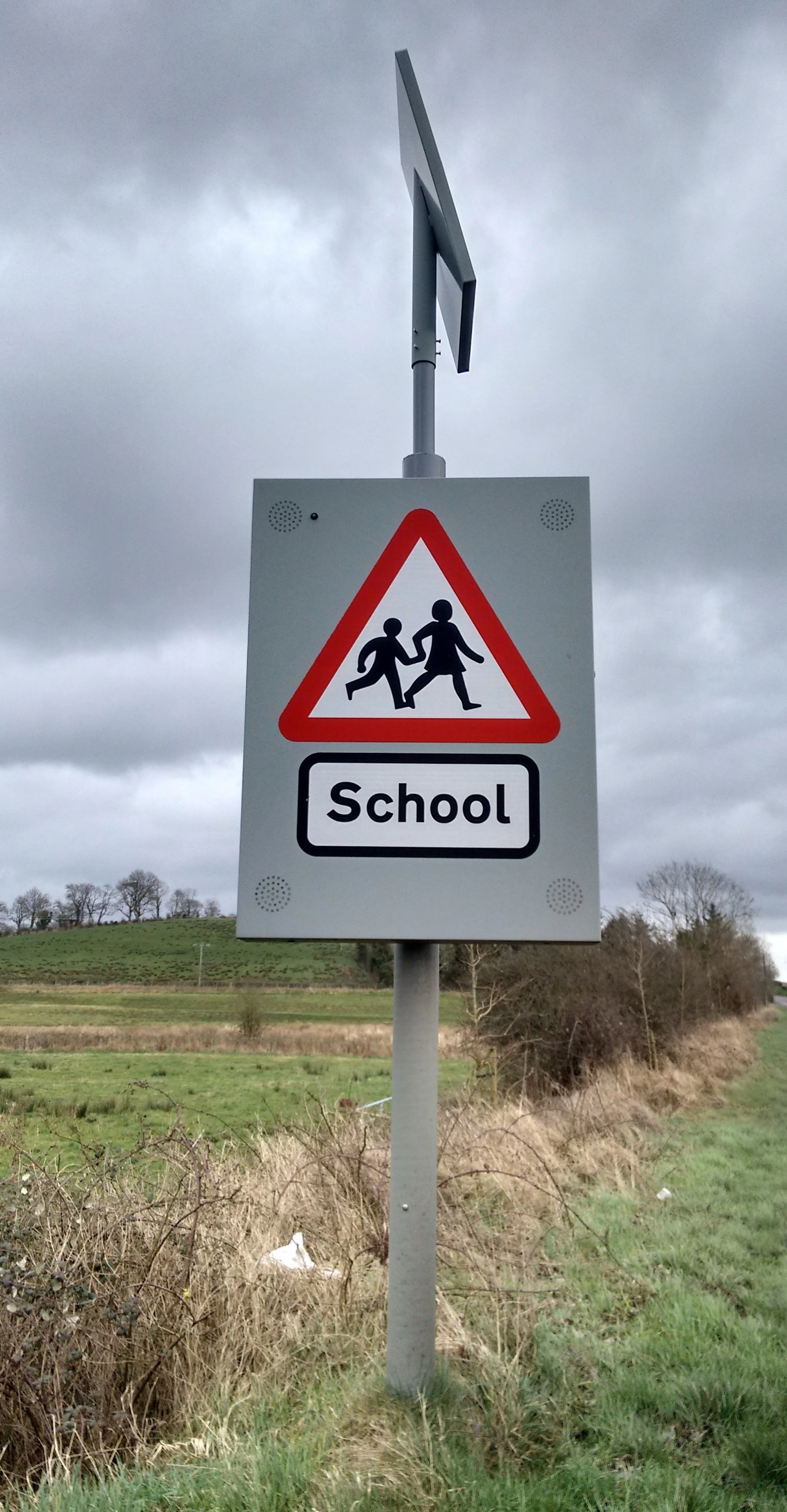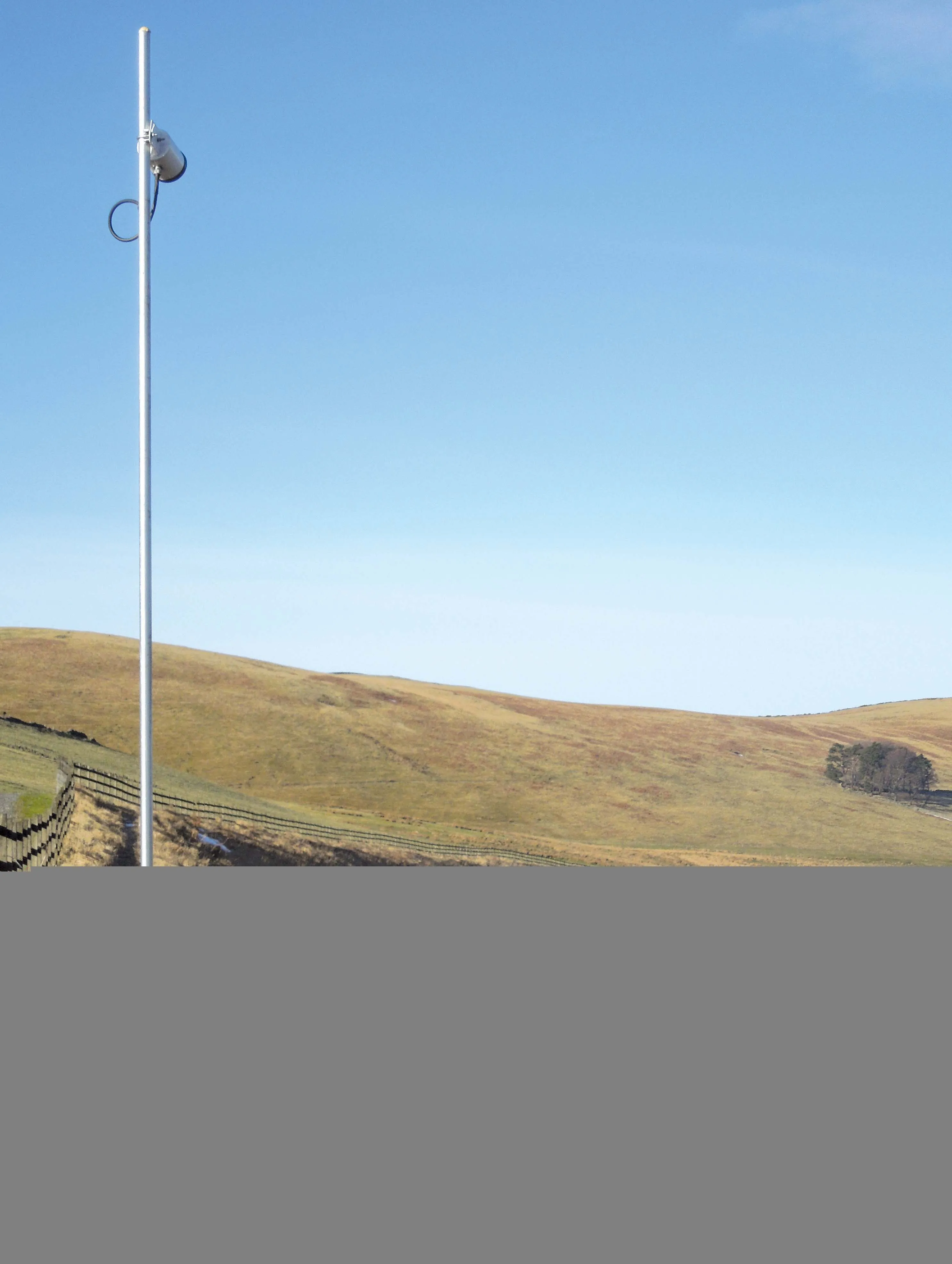
Traffic technology specialist
From a simple web browser interface, users can see when a sign is operating, check faults and change configuration for the master and slave signs.
Fault notifications including failed LED displays can be sent via SMS or email; this reduces the possibility of a failed sign going unnoticed and potentially putting children’s lives at risk.
Profectus also allows for energy consumption to be evaluated. Swarco says that energy monitoring and control are key to Profectus providing a small footprint solar solution with the added communications and monitoring.
SMS secure message control provides control and monitoring facilities accessible from the local school to override normal operation.
Profectus has been successfully trialled at a primary school in Northern Ireland. A particular advantage is the ability to create bespoke timetables for when and how the signs are used and the messaged displayed. Users can, therefore, accommodate special days when there may be more children about and by sending specific messages or alerts at weekends and other off-peak times.
Profectus has a radio connection allowing multiple sites to be connected over 300m or extended range data connections of 6km. So-called dummy signs can be used to target longer distances.
“One Profectus sign can create a network of eight signs, meaning a single sign has up to seven ‘slaves’, which report everything back into Profectus,” said Andrew Walker, business development manager at Swarco. “This gives customers complete control of the area in and around their school, while helping to keep the traffic flowing as smoothly and safely as possible.







